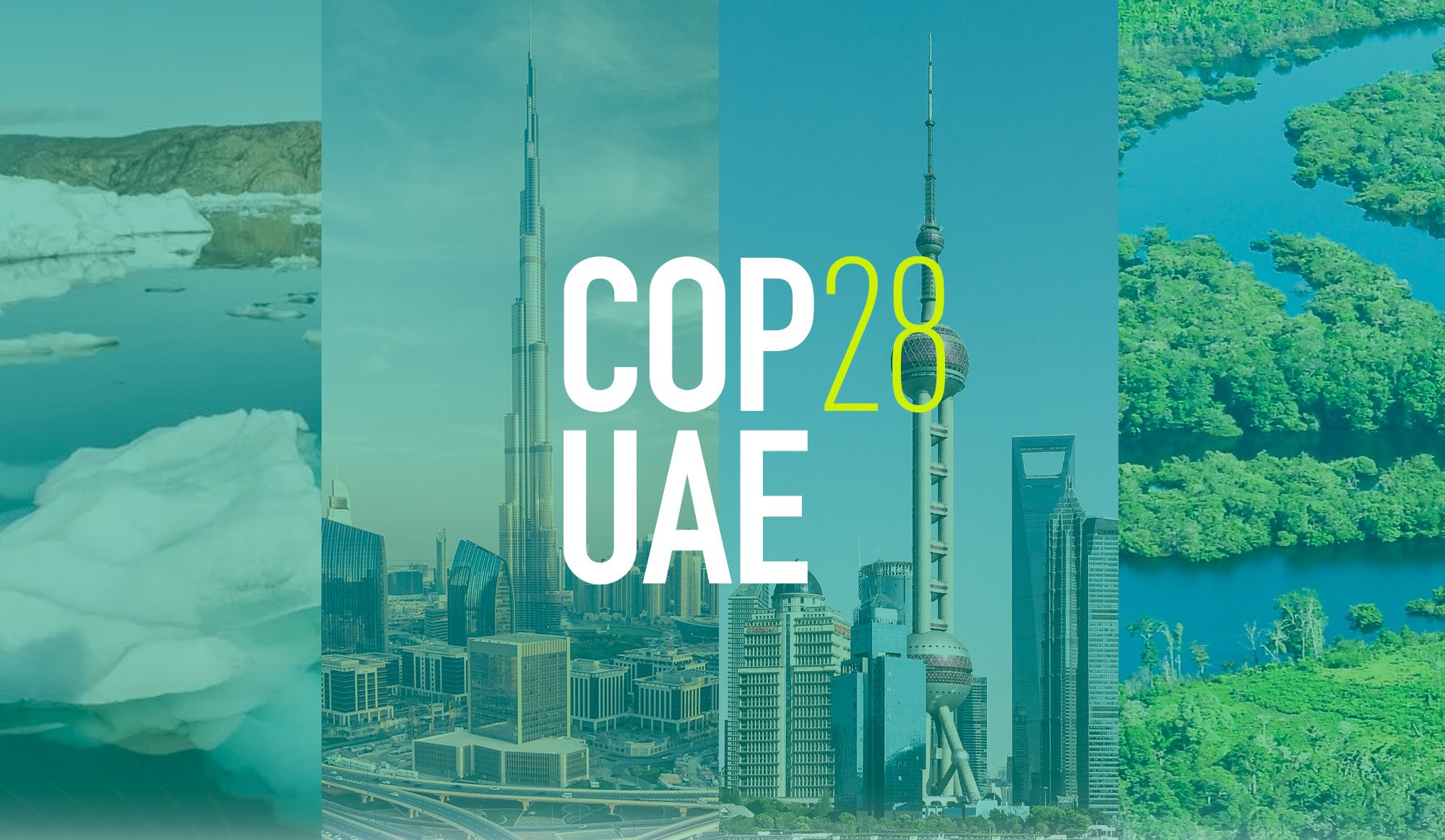China and the Middle East: Forging a New Era of Energy Partnership
As the world anticipates the COP28 climate conference in Dubai this November, attention is directed towards China and the Middle East. The United Arab Emirates (UAE) possesses ample solar and wind resources, serving as a gateway for China to access the MENA markets and establish green hydrogen infrastructure. Meanwhile, China, recognised as a renewable energy powerhouse, is positioned to support the UAE in achieving its climate aspirations.
While numerous UN members commit to renewable objectives, Hong Kong is missing a robust commitment or strategy. A notable shortcoming lies within the Sustainable Finance Cross-Agency Steering Group, failing to achieve its intended targets. Nations such as Brazil and the US have taken proactive steps, prioritising collaborative green hydrogen efforts before COP28, yet Hong Kong falls behind.
COP28 presents an opportunity for China and the UAE to finalise agreements that enhance their shared renewable energy infrastructure. Leveraging the UAE’s considerable oil and gas reserves, Chinese enterprises can explore clean energy solutions like hydrogen electrolysis. Such initiatives position the UAE as a renewable energy hub for the MENA region, expected to attract $1 trillion in solar and wind investments by 2050.
Hong Kong’s role as a premier financial centre linking China with global markets is crucial. The city is capable of directing the necessary investment to realise collaborative energy ventures. Hong Kong excels in offshore financing for Mainland China’s renewables sector and has cultivated financial relationships with Dubai since 2019. The forthcoming COP28 summit provides an opportune moment for Hong Kong to formalise partnerships with key UAE sovereign wealth funds and banks, facilitating the flow of Asian capital into the Emirates’ renewable energy objectives.
However, access to funds alone is insufficient. Executing large-scale renewable energy projects necessitates top-tier professional services. Hong Kong’s robust service industry, supported by seasoned legal, accounting, and engineering firms, can contribute to the realisation of these endeavours.
In the pursuit of forward-looking energy systems, continuous innovation is imperative. Hong Kong’s research institutions are making notable progress in fields such as printed solar cells and hydrogen production. Collaborating with Chinese institutions can optimise these breakthroughs for widespread production and deployment.
The COP28 summit in Dubai marks an opportunity for the Middle East and China to lead the global energy transition. Hong Kong, with its financial and professional acumen, can serve as a catalyst, bolstering China and the UAE’s roles in shaping the renewable energy landscape. The time is ripe for Hong Kong to cement its pivotal position in this transformative partnership.

